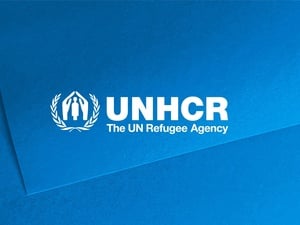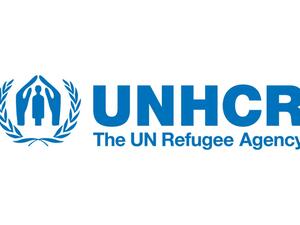UNHCR statement: Migration and Maritime Powers Legislation Amendment (Resolving the Asylum Legacy Caseload) Bill 2014
UNHCR statement: Migration and Maritime Powers Legislation Amendment (Resolving the Asylum Legacy Caseload) Bill 2014
UNHCR is reviewing the Migration and Maritime Powers Legislation Amendment (Resolving the Asylum Legacy Caseload) Bill 2014 which raises a number of serious questions in relation to the interpretation of the 1951 Convention relating to the Status of Refugees and its 1967 Protocol (together ‘the 1951 Convention’).
UNHCR considers that any policy and legislation relating to the protection needs of asylum-seekers, refugees and stateless persons, must fully respect and comply with international refugee, statelessness and human rights obligations, and not unduly restrict these as some of the provisions appear to do. At a time when unprecedented numbers of people are compelled to flee persecution, serious human rights violations and armed conflict, a full and inclusive interpretation of established protection principles is essential for the integrity of the global system. The need for cooperation and reponsibility sharing both regionally and globally is crucial.
Temporary protection is a group-based protection mechanism suited as a response to particularly complex circumstances, notably in contexts of mass displacement, where an individualized assessment of protection needs is not possible or practical. An approach that is punitive or deterrent in nature or prolongs uncertainty would be of concern.
Although UNHCR in general supports prioritised and accelerated procedures directed at improving the fairness and efficiency of asylum procedures, such procedures must provide appropriate procedural safeguards, both in law and practice. Overall, procedures must be fair and accurate in identifying protection needs.
A State party to the 1951 Convention, wherever it exercises jurisdiction, including outside its territory, is bound by its international obligations under the 1951 Convention, in particular the non-refoulement obligation to not return individuals to a country, either directly or indirectly, where their life or freedom would be at risk.
UNHCR looks forward to a constructive review of the draft legislation jointly with the Government of Australia and others interested in this important matter, the outcome of which will critically impact the lives and safety of many who seek asylum from persecution.




